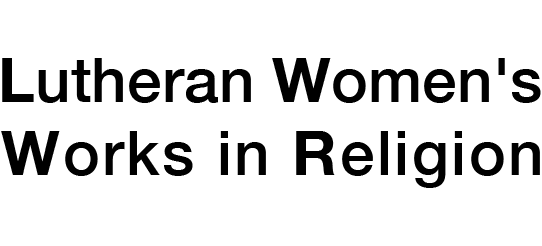Category: Theology
BOOK CHAPTERS
Marcia J. Bunge "Text and Reader in Herder’s Interpretations of the New Testament" In Johann Gottfried Herder: Language, History, and the Enlightenment. ed. Koepke, Wolf. Columbia: Camden House 1990 : 138-150Explores Bonhoeffer’s views on gender — a shadow side of his thinking — both as his theology shifts under Hitler and in glimpses of potential breakthroughs in the conspiracy/prison period. Its use of literary genre analysis provides a lens for retrieving a more life-giving Bonhoefferian view of gender.
Traces the context, content, and key insights of Life Together for 21st century readers, noting connections to neo-monasticism, to discussions of “real vs. virtual” community, and to the ecological context of our contemporary life together.
Explores Bonhoeffer’s theology of human embodiment, developing five primary insights on the Christian significance of the body and refracting the discussion through the experience glimpsed in the 2009 film “Precious.”
Both gender and spirituality are incredibly complex realities, difficult to define yet reaching to the core of human and Christian life. This essay articulates multiple layers and aspects of the meaning of gender within the overarching framework of the Christian experience of God. A concluding section sketches implications of such exploration for the study of spirituality.
An abstract of the central themes of the book above with the same title, originally published in xSpiritus: A Journal of Christian Spirituality (Fall 2001).
Gibson‘s movie, The Passion of the Christ, among other important issues, triggered questions of authenticity, interpretation and the use of sources. My aim in this article is twofold: first of all, to examine Gibson‘s use of sources, of biblical as well as extra-biblical origin; secondly, to provide a theological reading of Gibson‘s interpretation of the passion story.
In many recent progressive theo-ethical discussions of the erotic, freedom has become the preeminent theme in articulations of sexual relationships. In this essay I submit that when considering the creator God in relation to the erotic, something is missing if only freedom is emphasized. The God of love, who creates all things, not only loves freely but faithfully as well.

